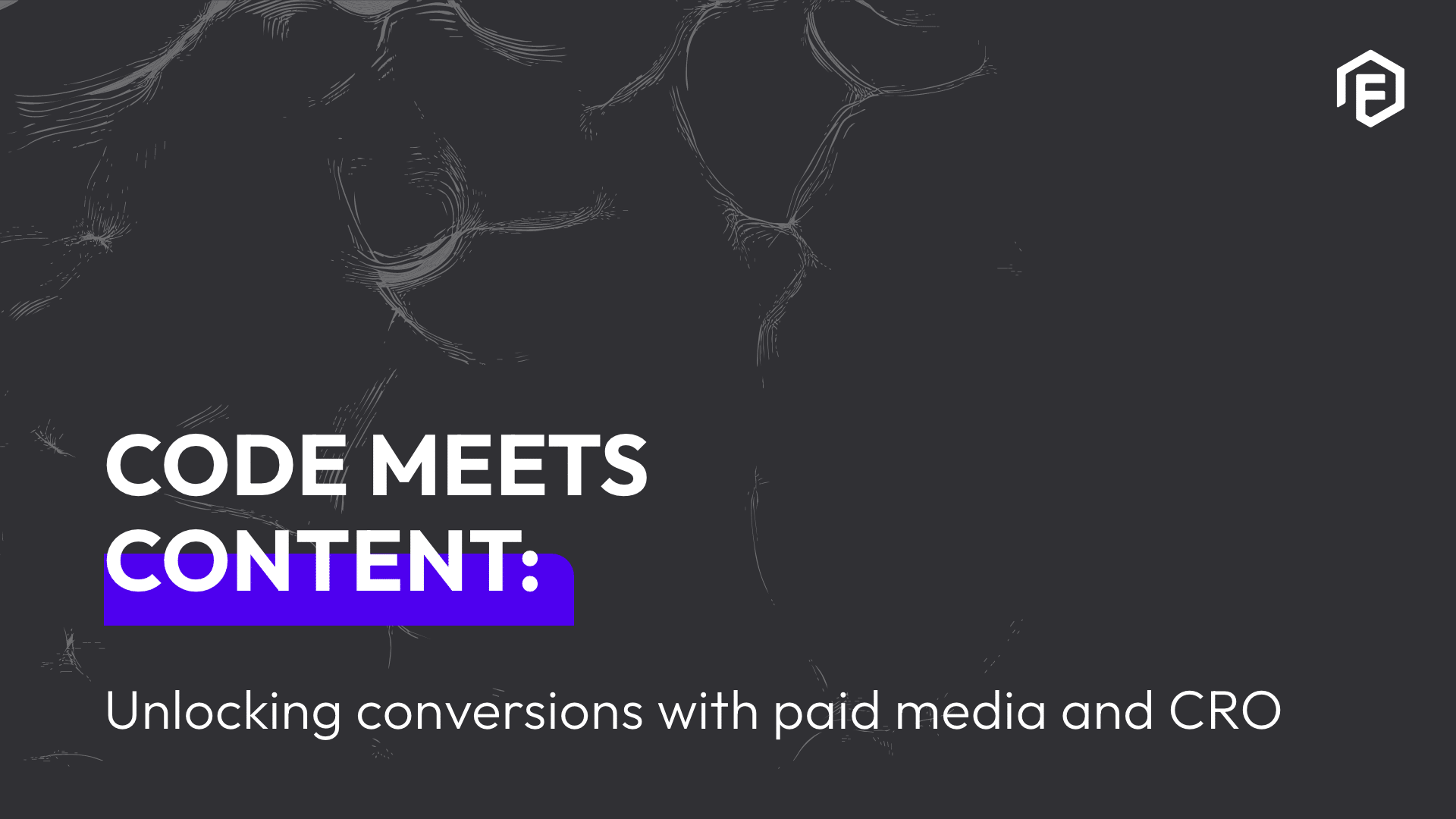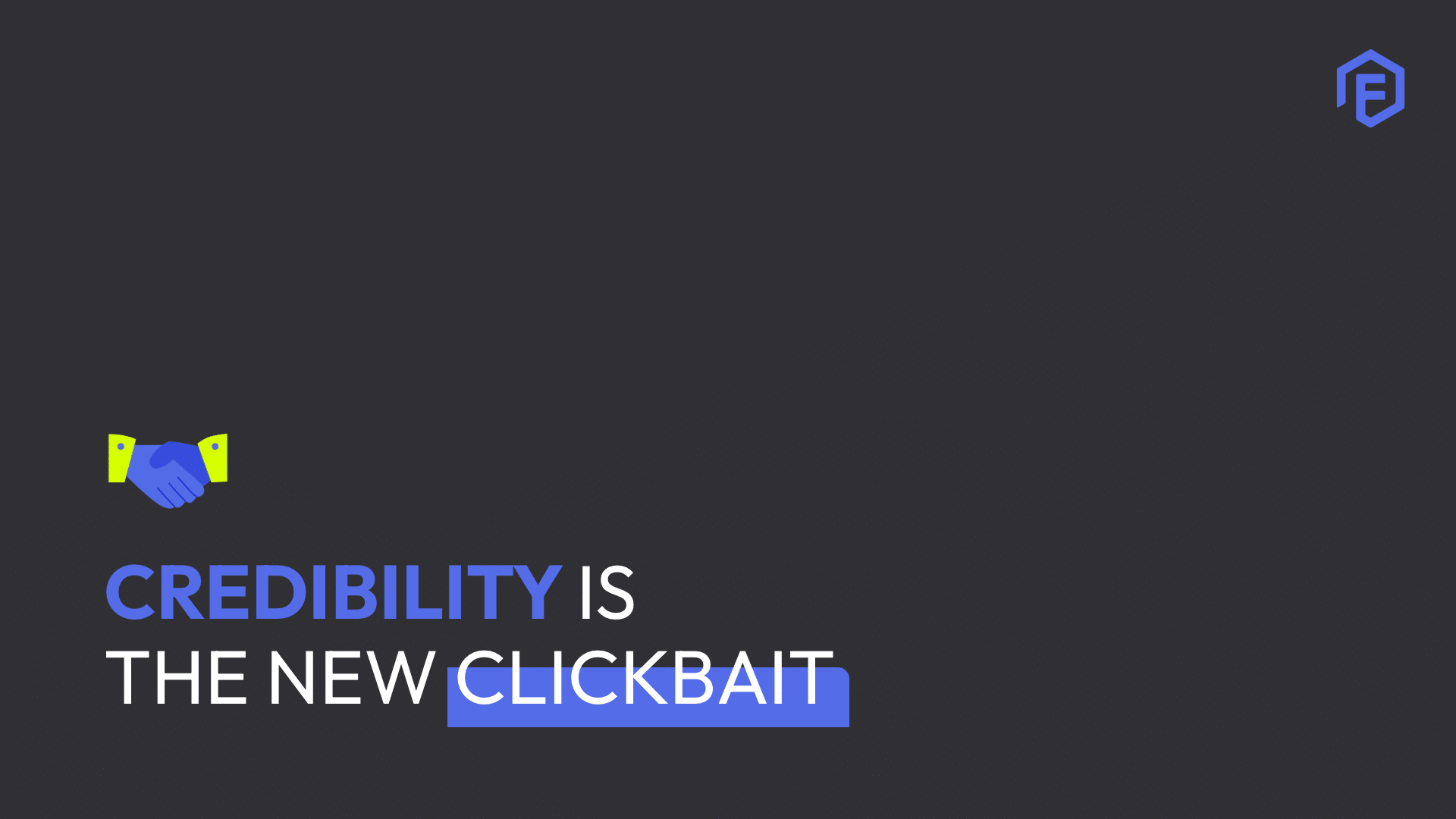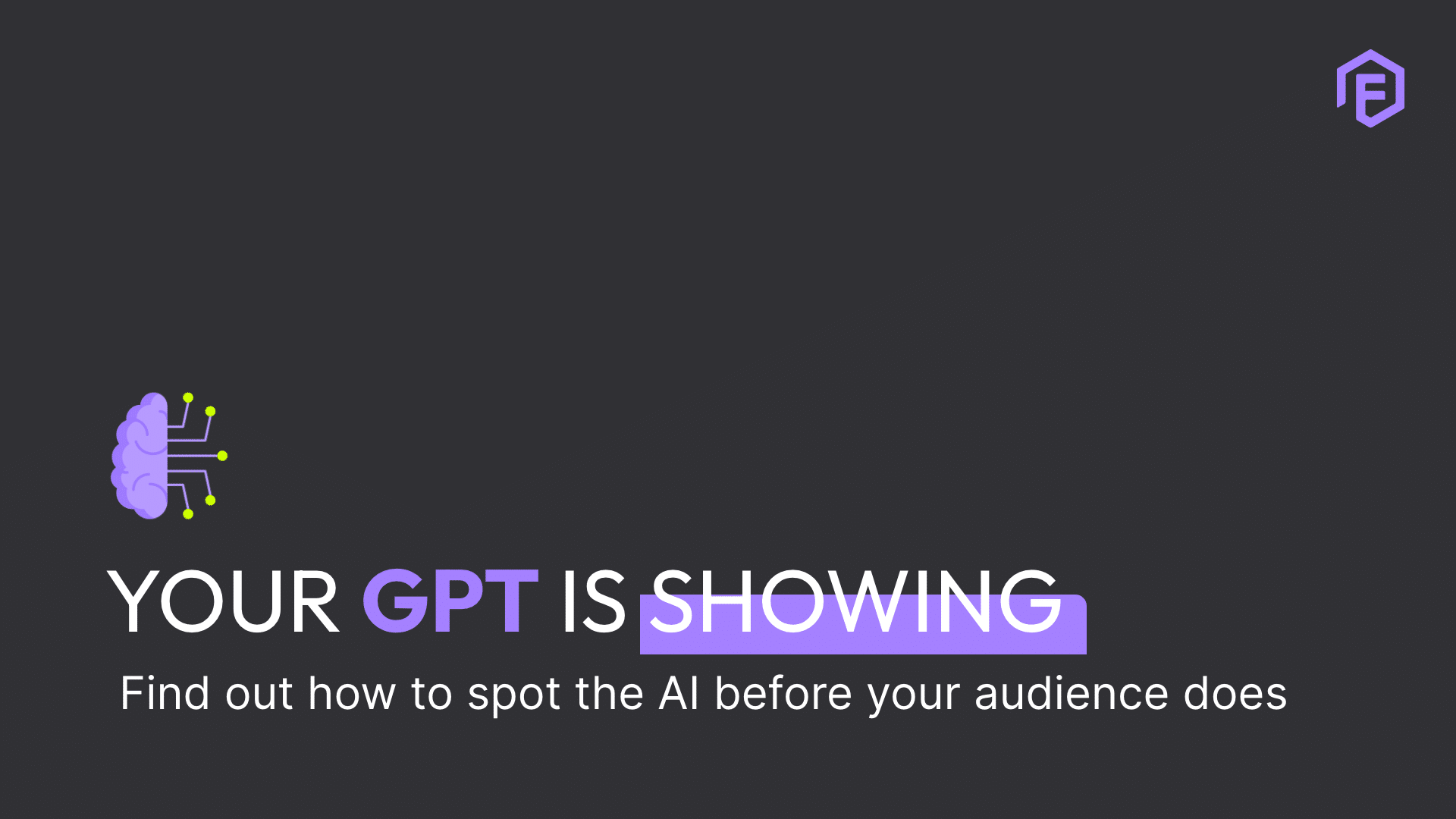Hola. Nǐ hǎo. Ciao. Dumela. Ndaa. Sawubona.
How many different languages can you speak?
Across the globe, thousands of languages are spoken by a varying array and number of people. It’s estimated that there are approximately 7 000 distinct languages in existence. This doesn’t even begin to account for the coding languages that are utilised.
While “traditional” languages are disappearing at an alarming rate and becoming extinct, the exact opposite trend can be observed when it comes to coding languages. These languages are the backbone of the digital world. Here are some fun, fast facts from Forbes:
- A new website is built every 3 seconds
- There are over a billion websites currently in existence
- Over 70% of businesses have a website
Web developers are the skilled workers behind these stats. Long story short: Web developers create and maintain websites, which entails everything from the look and feel to the performance and security.
If you want to be a web developer – that’s great.
Why? This is a rapidly expanding field where the demand for skills is increasing. We’ve spoken about the rise of digital A LOT (when you’re done reading, go and look at our other blog posts). But in the world we currently live in, it’s either go digital or go home, baby.
Let’s explore the essential skills, career paths, and what the future holds for aspiring web developers.
Types of Web Development
Generally, web development can be divided into three primary categories: front-end development, back-end development, and full-stack development.
- Front-end development: Simply put, these developers’ areas of expertise centre on the “front end” of websites (duh). Think about the appearance, text, structure, images, themes, and colours that influence the way that a webpage may look. You can think of these developers as the geniuses who create content that is “client or user-facing”. Examples of common coding languages used: HTML, CSS, and JavaScript.
- Back-end development: You can think of these developers as those who do the work behind the scenes (ie all the mechanics that users don’t see). This includes overseeing, maintaining, and improving the overall functionality of a site, along with data storage, security, programming, etc etc etc. More examples of common coding languages used: Python, Java, Ruby, PHP and SQL.
- Full-stack development: Think the full monty/full suite of skills. Full-stack developers have expertise in both front-end and back-end development. They have a comprehensive understanding of all aspects of web development, allowing them to create a cohesive product from start to finish. This versatility is highly sought after, making full-stack developers invaluable to organisations (hint hint, nudge nudge). Common coding languages used: all of the above (to infinity and beyond).
The Role of Web Developers
The responsibilities of a web developer extend beyond coding as they also include:
- Designing user interfaces: Creating intuitive and engaging designs that enhance the user experience.
- Problem-solving: Addressing technical challenges that arise during the development process and ensuring that websites function seamlessly.
- Collaborating with teams: Working alongside designers, project managers, and other stakeholders to achieve project goals (and keep clients happy).
- Continuous upskilling: Staying up to date with the latest trends, tools, and coding languages to maintain a competitive edge in the industry (stay informed to stay on top).
Skills Required to Become a Web Developer
Technical skills that you require will vary based on your interests and intended area of specialisation. However (good news), several core traits/skills/competencies are essential for pretty much all aspiring web developers.
1. Technical Skills
- Coding languages: Proficiency in HTML, CSS, and JavaScript is essential for front-end developers. For back-end developers, knowledge of languages like Python, Ruby, PHP, or Java is crucial. Full-stack developers should be well-versed in as many languages as possible.
(An important aside: choosing your key coding languages will also involve trial and error, personal preference and careful consideration).
- Version control systems: Familiarity with tools like Git enables developers to manage changes to their code efficiently. This protects you from any errors that may creep into your code, allowing you to revert to an earlier version.
- Frameworks and libraries: Understanding popular frameworks like React, Angular, or Vue.js for front-end development and Node.js or Django for back-end development can enhance your capabilities (10/10 would recommend).
- Responsive design: As more users access websites on various devices, knowledge of responsive design techniques ensures your websites look great on all screens.
2. Soft Skills
- Problem-solving: Being a web developer often means encountering challenges that require innovative solutions. Strong problem-solving skills will set you apart.
- Communication: Developers need to communicate effectively with team members and stakeholders to clarify requirements and provide updates. Remember: you will most likely be addressing lay people who will need to understand you without getting lost in the technical intricacies of your code.
- Time management: Balancing multiple projects and deadlines is a common scenario in web development. Great time management skills are crucial for success.
How to Actually Become a Web Developer
Learn to code… That’s always a good start….
If you’re eager to enter the world of web development, there are various pathways to acquire the necessary skills (cracks knuckles). Here are some of the most effective methods:
1. Formal education
Getting a degree in computer science or a related field is a fantastic springboard for your career. This can provide a strong foundation for understanding programming concepts and theories. Many universities offer specialised courses in web development, equipping students with the technical skills required for a successful career (no surprises here).
2. Bootcamps and online courses
Coding bootcamps have gained popularity as an alternative to traditional education. These intensive programmes typically last a few months and focus on practical skills, making them ideal for those looking to transition into web development quickly. Online platforms offer a range of courses tailored to different levels of expertise. Pricing and quality of courses may vary, so ensure that you do your research.
3. Self-study and online resources
For those who prefer a more flexible approach, self-study through online resources and tutorials can be a viable option. Websites like freeCodeCamp and W3Schools provide free coding lessons that allow you to learn at your own pace. (Jazz hands – we love accessible learning opportunities and platforms.)
4. Building a portfolio
Regardless of how you choose to learn, building a portfolio of your work is essential. Showcase projects that demonstrate your skills, creativity, and ability to solve real-world problems. A well-curated portfolio will set you apart when applying for jobs and internships.
Surveying the Job Market in 2024
According to the US Bureau of Labor Statistics, the job outlook for web developers is promising, with employment projected to grow by more than 15% in the coming years. This growth is driven by the increasing reliance on digital platforms and the need for businesses to maintain a robust online presence (we say again: GO DIGITAL, or go home and cry).
We’re just kidding, please don’t cry. Rather, choose one of the areas of specialisation below:
- Front-end developer: Focus on building engaging user interfaces and ensuring a seamless user experience.
- Back-end developer: Work on server-side programming, databases, and application logic.
- Full-stack developer: Combine both front-end and back-end skills to create complete web solutions.
- Web designer: While not strictly a developer role, web designers focus on the aesthetics and usability of websites, often collaborating closely with developers. (What’s the difference? Read more: here).
- UX/UI developer: Specialise in user experience and interface design, ensuring that websites are not only functional but also visually appealing. (Read more about effective UX design: here).
- DevOps engineer: Bridge the gap between development and operations, ensuring that web applications are delivered efficiently and reliably.
- Mobile app developer: Create applications for mobile devices. This often requires knowledge of different programming languages and frameworks.
The Importance of Continuous Learning
Quick news flash: New coding languages, frameworks, and tools emerge regularly, and developers must adapt to these changes to remain competitive. This is unsurprising, given that the tech landscape is marked by constant evolution, innovation, and change.
Here are a few strategies for staying in the loop:
- Follow industry blogs and websites: Follow the latest trends and technologies by subscribing to reputable blogs and online publications related to web development. PS You can hit up our blog for the latest developments and insights about all things digital marketing (You’re welcome.)
- Attend webinars and conferences: Networking with industry professionals and attending events can provide valuable insights and opportunities for growth (make friends, we dare you to).
- Join developer communities: Participate in online forums, coding communities, and social media groups to connect with other developers, share knowledge, and get help.
- Engage in open-source projects: Contributing to open-source projects not only helps you gain experience but also allows you to collaborate with other developers and enhance your skills (and make friends).
Conclusion
So, do you have what it takes to be a web developer in 2024? The road to get there may seem daunting, but with the right blend of technical skills, problem-solving abilities, and a passion for continuous learning, you can carve out a successful career. Whether you choose to specialise as a front-end developer, back-end developer, or full-stack developer, the opportunities are vast and varied (Wahoo).
*Take 2 minutes for a celebratory dance party – you’ve earned it.
PS Like everything, persistence and adaptability are key to facing and overcoming any challenges that you experience head-on.
Flume is an independent, full-service digital marketing agency providing services that include SEO, web design and development, public relations, media buying, client service, UX/UI, and creative production. For more information visit www.flume.co.za or email us to say, well, “hello”.
-
Frequently Asked Questions
-
1. What are the different types of web development?
- Web development can be divided into front-end, back-end, and full-stack development. Front-end developers focus on user interfaces, back-end developers manage the behind-the-scenes mechanics, and full-stack developers have skills in both areas.
-
2. What skills are required to become a web developer in 2024?
- Technical skills include proficiency in coding languages like HTML, CSS, JavaScript, Python, and SQL, as well as version control systems like Git. Soft skills such as problem-solving, communication, and time management are also essential.
-
3. What are the career paths available in web development?
- Career options include front-end developer, back-end developer, full-stack developer, UX/UI developer, web designer, DevOps engineer, and mobile app developer.
-
4. How can I learn web development skills?
- You can learn through formal education (degrees), coding bootcamps, online courses, self-study resources like freeCodeCamp, and by building a portfolio of projects to showcase your skills.
-
5. What is the job outlook for web developers in 2024?
- The job market for web developers is projected to grow by more than 15% due to the increasing reliance on digital platforms, making it a promising field for aspiring professionals.



